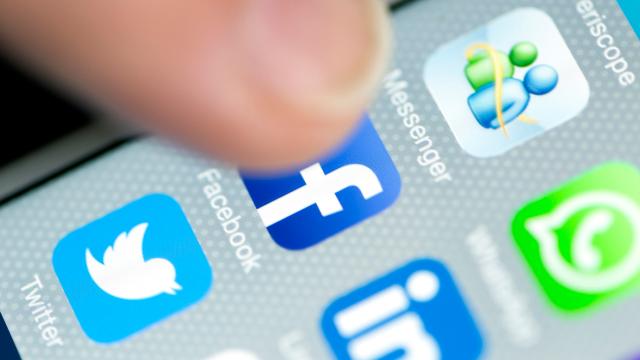Tech companies are handing out user data left and right to see if you’ve been good and have stayed at home like you’re supposed to. Facebook is the latest company to make your data available to whoever wants it – as long as they’re partnered with Facebook.
These “Disease Prevention Maps” from Facebook’s ‘Data for Good’ program offer researchers an opportunity to use anonymised data to carry out surveillance, essentially, on people’s movements and interactions to identity trends in the spread of the virus. Facebook said:
“Facebook Disease Prevention Maps are designed to help public health organisations close gaps in understanding where people live, how people are moving, and the state of their cellular connectivity, in order to improve the effectiveness of health campaigns and epidemic response.”
There are three datasets in total; the first is used to ascertain the likelihood of people from one area coming into contact with another, and may give a heads up as to where new cases could spring up. The second uses regional-based data to check whether people have been staying local or buggering off further afield, and will be used to see if the various social distancing and lockdown measures are being adhered to. The third has been labelled “social connectedness index” and uses Facebook friendships across countries and states for a similar purpose – the theory being that people who know each other are more likely to infect once another. Obviously that’ll only happen if you’re travelling to see them. Addressing the program and the slew of privacy concerns here, Mark Zuckerberg posted an update on his Facebook, saying:
“We’re… releasing several new Disease Prevention Maps from our Data for Good program that show in aggregate where people are traveling and interacting between regions. This data may help experts forecast which places may have outbreaks in the days to come.
“A critical part of the Data for Good program is we’ve developed partnerships with academic researchers that enable us to produce these aggregate reports while protecting everyone’s privacy and individual data. As governments seek to use data in new ways to get ahead of this outbreak, it is important that we maintain our privacy principles and have clear policies for these kinds of use. We’ll share more on this soon as well.”
Google has also released your mobile location data as part of its Community Mobility Report.
“These Community Mobility Reports aim to provide insights into what has changed in response to policies aimed at combating COVID-19. The reports chart movement trends over time by geography, across different categories of places such as retail and recreation, groceries and pharmacies, parks, transit stations, workplaces, and residential.”
Because that’s normal. Who needs surveillance cameras when everyone has a tracking device in their pocket? UK mobile networks are also working with the government to provide location data for customers, while the NHS is working on an app that sounds like a dystopian nightmare in the making, handing out “patient-identifiable” data to strangers, and telling people nearby whether or not you have coronavirus. [ZDNet]
This post originally appeared on Gizmodo UK, which is gobbling up the news in a different timezone.
